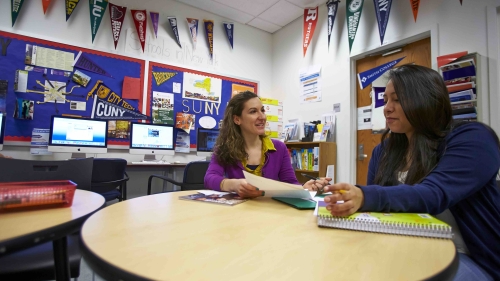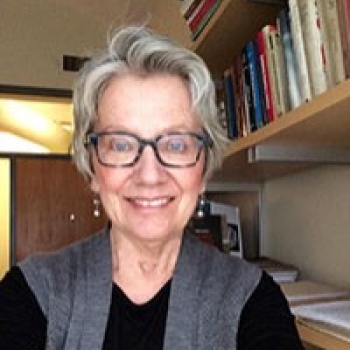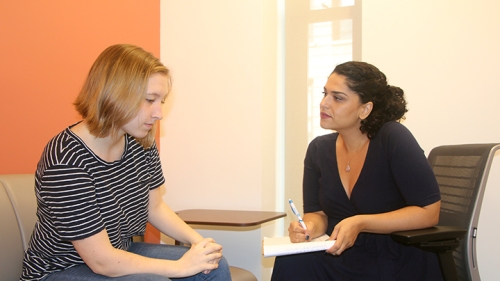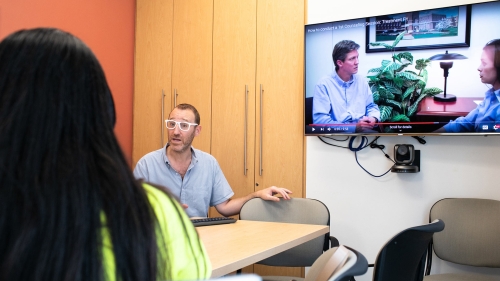

The central question that has informed my academic and scholarly work is how do people construct their life paths in different life domains or social contexts across the lifespan. In recent years this question has taken the form of developing a new and more holistic way to think about the research/practice area typically referred to as career development/career counseling. I refer to this new way of thinking as Counseling for Work and Relationship, an approach that addresses how people construct their lives going forward with respect to the major social contexts of market work, unpaid care work, and relationships. Central to this project is the development of a dual model of work for both men and women that includes both paid or market work and unpaid care work. I am also interested in research that identifies the processes by which people construct their life paths. My interests further extend to attempts to integrate counseling and psychotherapy practices to encompass the resolution of psychological problems rooted in the past and the construction of lives going forward. My academic work is informed by social constructionist, feminist, and social justice perspectives. It is also informed by my clinical work where my specific orientation is psychodynamic/psychoanalytic.
Selected Publications
- Richardson, M.S. (2015). Implications for career research. In J. Brimrose, M. McMahon, & M. Watson (Eds.), Women's career development throughout the lifespan: An international exploration. Abingdon, Oxford, UK: Routledge.
- Richardson, M. S. (2015). A conversation with Jean Guichard: Reflexivity in action. In A. DiFabio and J-L. Bernaud (Eds.), The psychological construction of identity in 21st century: A festschrift for Jean Guichard. Nova Sciences Publishers.
- Richardson, M. S. (2015). Agentic action in context. In R. Young, J. Domene, & L. Valach (Eds.). Counseling and action: Toward life-enhancing work, relationships, and identity (p. 51-68). Springer Science and Business Media.
- Richardson, M.S., & Schaeffer, C. (2013). Expanding the discourse: A dual model of working for women (and men's) working lives. In W. Patton (Ed.), Conceptualizing women's working lives (pp. 23-39). Rotterdam: Sense Publishers.
- Richardson, M.S., & Schaeffer, C. (2013). From work and family to a dual model of working. In D. L. Blustein (Ed.), Handbook of the Psychology of Working (pp. 141-159). New York: Oxford University Press.
- Richardson, M. S. (2012). Counseling for work and relationship (Major contribution). The Counseling Psychologist, 40(2), 190-242.
- Richardson, M. S. (2012). The ongoing social construction of the counseling for work and relationship perspective. The Counseling Psychologist, 40(2), 279-290.
- Richardson, M. S. (2012). A critique of career discourse practice. In P. McIlveen & D. P. Schultheiss (Eds.), Social constructionism in vocational psychology and career development.(p. 87-104). Rotterdam: Sense Publishers.


